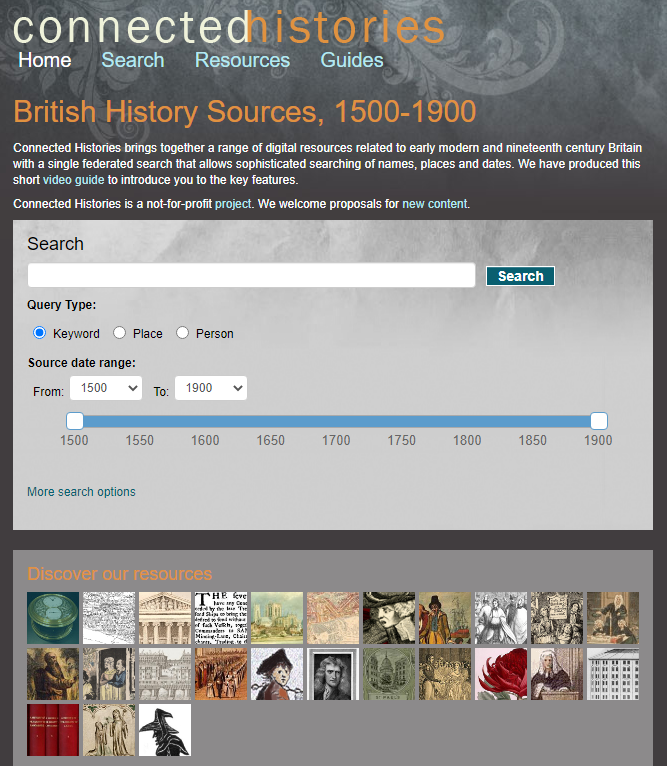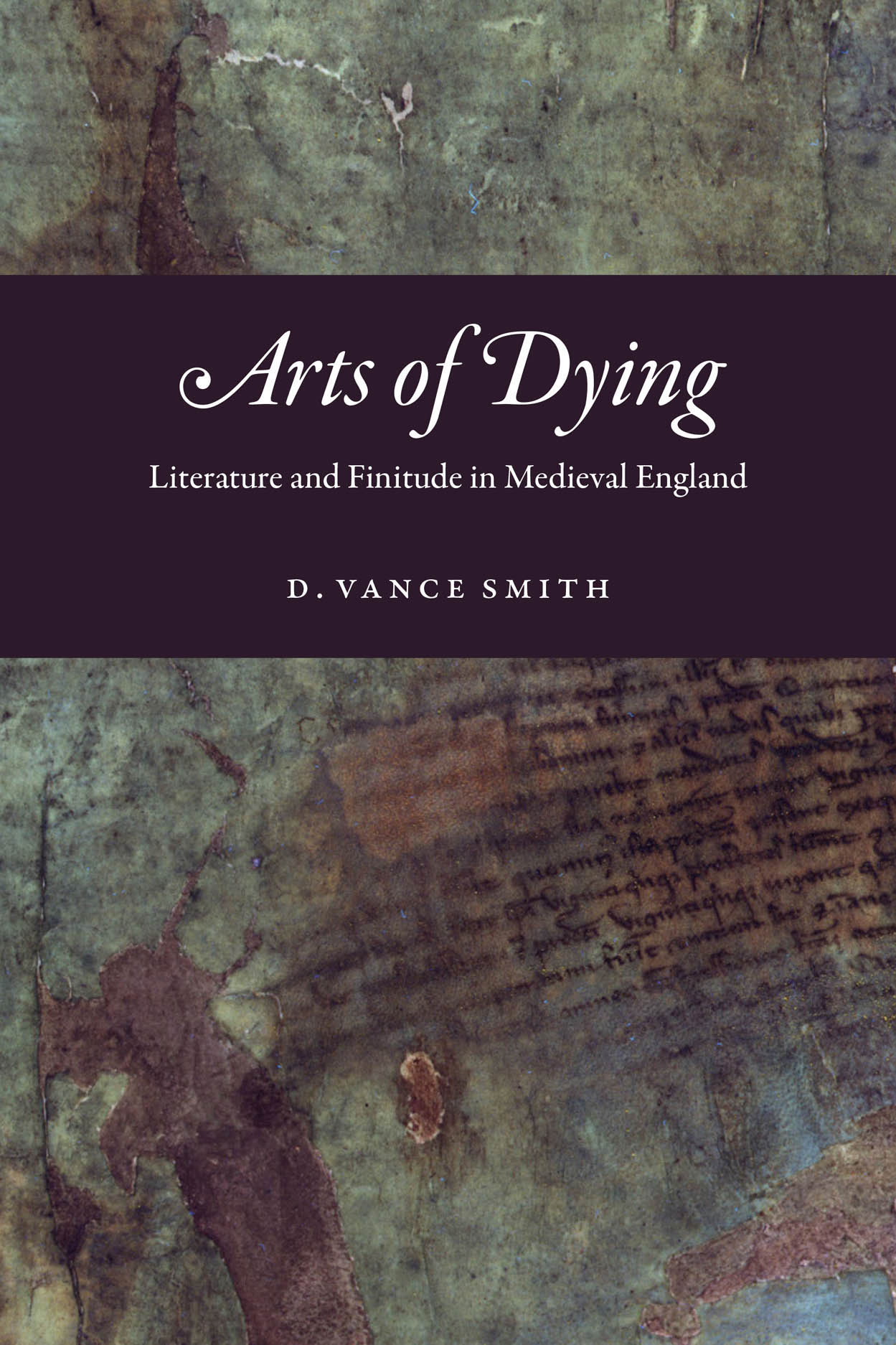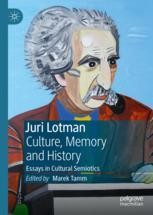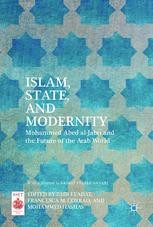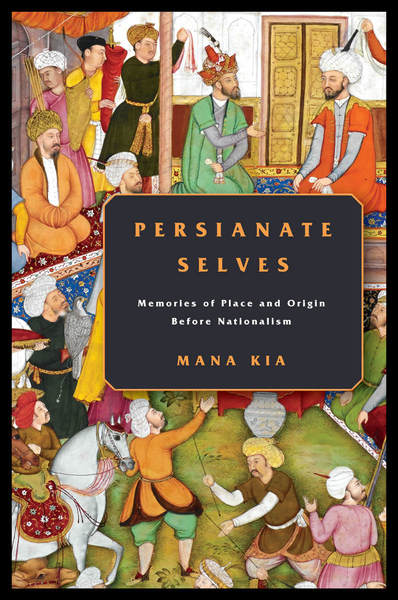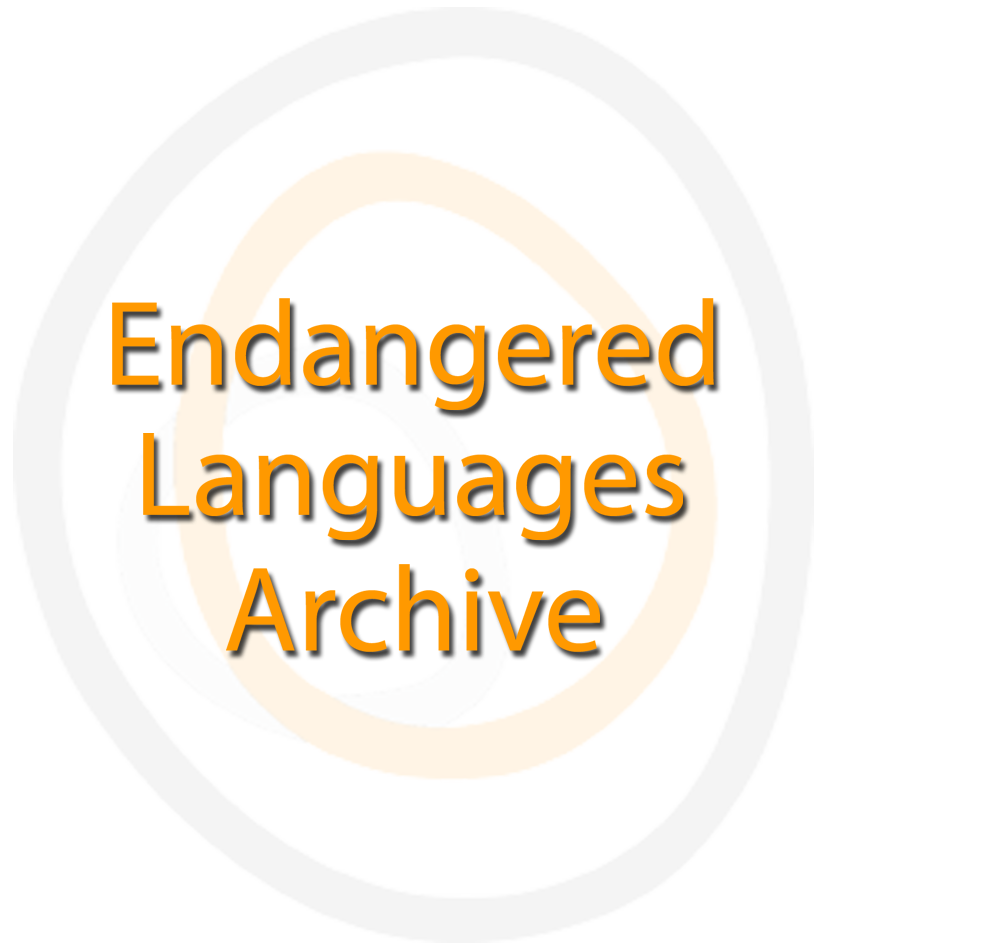 „Unermüdlich übersetzt Karl Dedecius polnische Lyrik ins Deutsche: erst Dichtung der Gegenwart, dann die Klassiker. Als Leiter macht er das Deutsche Polen-Institut in Darmstadt zum Mittelpunkt der Polonistik in Deutschland.
„Unermüdlich übersetzt Karl Dedecius polnische Lyrik ins Deutsche: erst Dichtung der Gegenwart, dann die Klassiker. Als Leiter macht er das Deutsche Polen-Institut in Darmstadt zum Mittelpunkt der Polonistik in Deutschland.
„Du übersetzt / mein gedächtnis / in dein gedächtnis / mein schweigen / in dein schweigen // das wort leuchtest du aus / mit dem wort / hebst das bild / förderst das gedicht / aus dem gedicht / zutage // verpflanzt / meine zunge / in eine fremde // dann/ tragen meine gedanken / früchte / in deiner sprache.“
So beschreibt der polnische Dichter Tadeusz Rózewicz in seinem Gedicht „An den Übersetzer K. D.“ die Tätigkeit von Karl Dedecius. Ein größeres Kompliment kann man einem Übersetzer kaum machen.
Wehrmacht statt Universität
Geboren wird Dedecius am 20. Mai 1921 in der polnischen Industriestadt Lódz. Mit der schwäbischen Mutter spricht er deutsch, mit dem schlesisch-böhmischen Vater polnisch und mit der Großmutter böhmisch. „Klein-Europa“ sei seine Umgebung gewesen, wird er sich später erinnern: „Und so wurden wir erzogen zu einer Symbiose mit allen Kulturen und Nationen.“
Dedecius spielt Geige und Bratsche, verfasst Satiren in altrömischem Stil und verbringt eine unbeschwerte Schulzeit. Mit dem Krieg zerbricht die Idylle: Statt an der Universität Theaterwissenschaft zu studieren, muss er zum polnischen Arbeitsdienst, nach dem deutschen Überfall auf Polen 1939 zur Wehrmacht. Man schickt ihn in die Hölle von Stalingrad. Russen ziehen den sterbenskrank Zurückgelassenen aus dem Schnee.
Erst Zeitgenossen, dann Klassiker
In den sieben Jahren als Kriegsgefangener lernt Dedecius perfekt russisch, übersetzt Lermontov und Puschkin. Nach seiner Entlassung zieht er 1950 zu seiner Verlobten in die DDR, wo er in Weimar eine Anstellung als Redakteur beim Theaterinstitut findet. Zwei Jahre später übersiedelt die Familie in den Westen. Dedecius macht Karriere in einer Versicherung – und findet einen Chef, der ihm für seine Leidenschaft, das Übersetzen, den nötigen Freiraum bietet.
So entstehen insgesamt 60 Anthologien polnischer Dichter, die erste 1959. Zunächst sind es Zeitgenossen wie Zbigniew Herbert oder die spätere Literatur-Nobelpreisträgerin Wislawa Szymborska, danach zunehmend auch Klassiker. Dabei zeigt Dedecius sein Talent, spielerisch mit beiden Sprachen umgehen zu können. Völkerverständigung auch mithilfe der Literatur ist dabeiein erklärtes Ziel.
Mittelpunkt der Polonistik
Ende der 1970er Jahre setzt sich Dedecius vehement für das 1980 in Darmstadt gegründete Deutsche Polen-Institut ein, dessen Direktor er bis 1997 ist. Dedecius macht es zum Zentrum der Polonistik in Deutschland. Gefördert von der Bosch Stiftung, erscheinen 50 Bände der „Polnischen Bibliothek“ vom Mittelalter bis zur Gegenwart.
Dedecius erhält das Bundesverdienstkreuz, den Friedenspreis des Deutschen Buchhandels, den „Weißen Adler“ als höchsten Orden des polnischen Staats. In seinen letzten Lebensjahren beschäftigt er sich wieder dezidiert mit Übersetzung. Dedecius stirbt 2016 in Frankfurt am Main. Sein Nachlass wird in der Europa-Universität „Viadrina“ in Frankfurt an der Oder verwahrt. Insgesamt hat er rund 100 Bücher übertragen, neben Lyrik auch Romane, Erzählungen und Aphorismen.“ (WDR, Hildburg Heider, Hildegard Schulte)
Sie können die Sendung, die am 20.5.2021 in der Reihe „ZeitZeichen“ lief, über die Seite des WDR nachhören oder als Audiodatei herunterladen.

